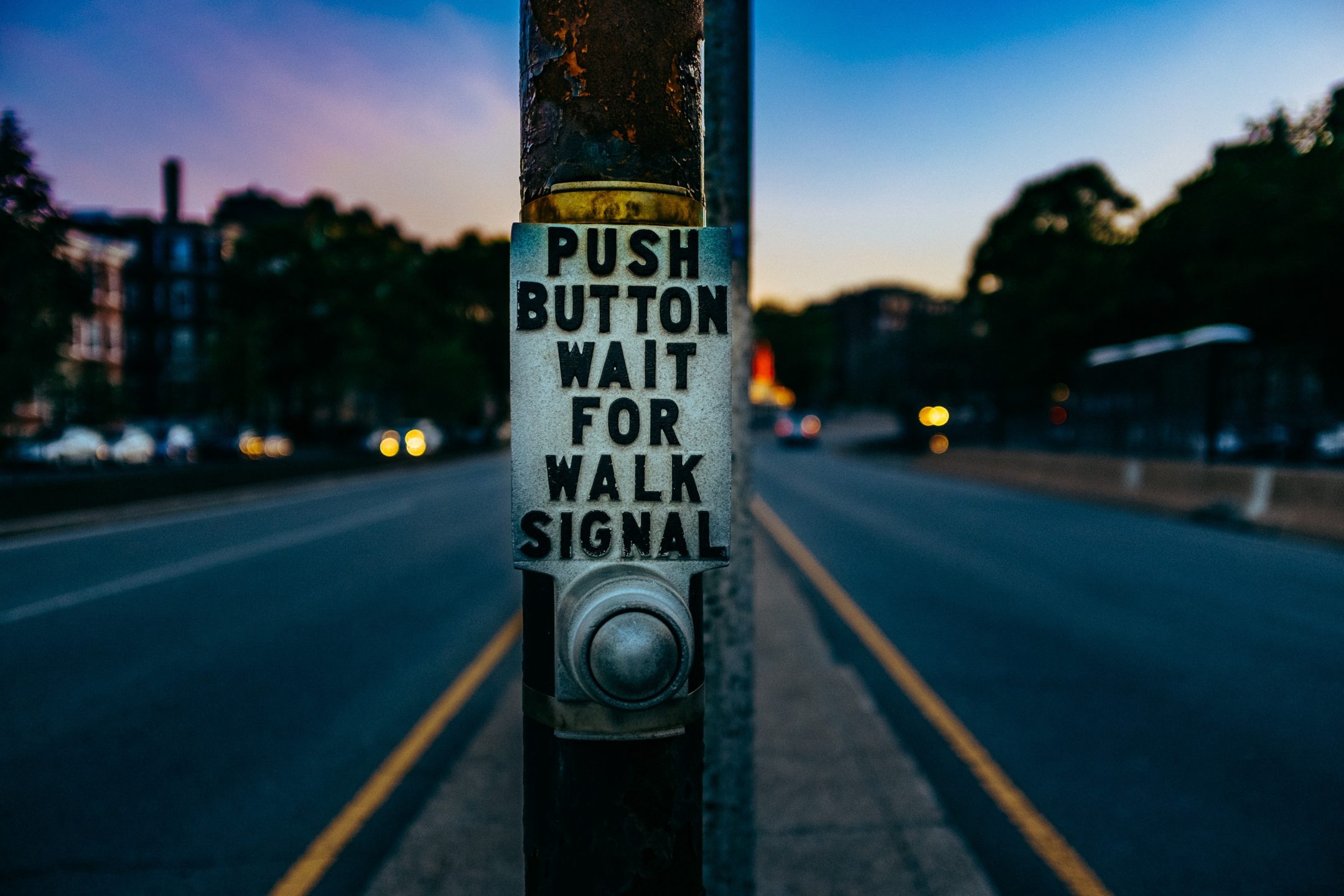On November 20, 2017, Ben Webster, a 13-year-old male, was taken to Alberta Children’s Hospital with serious head injuries after being hit by a Toyota Prius while crossing the road. The accident occurred at approximately 7:30a.m. in the eastbound lanes of Dalhousie Drive just west of 54 Street N.W. Webster suffered a traumatic brain injury, broken collarbone, three broken ribs and an eye injury as a result of the unfortunate accident.
Grade 9 students at H.D. Cartwright Junior High School have written more than 300 letters to Mayor Naheed Nenshi and Ward 4 Councillor Sean Chu imploring the installation of a crossing light at the marked crosswalk at the intersection of Dalhousie Drive and 54 Street N.W., where the devastating accident occurred.
Calgary Police Service continues to investigate the accident at this time and no charges have been laid. Paul Webster, Ben’s father, stated that “[i]t seems like the crosswalk is on a bit of rise of a hill. It’s not very visible to drivers and I think, from what other students say, there’s been a few near misses there in the past.”
Ben’s parents report that he is improving. “He’s made a remarkable recovery. He has surpassed many of the doctor’s expectations and now he’s walking and talking, making a lot of progress.”
WHAT IS A TRAUMATIC BRAIN INJURY (TBI)?
Traumatic brain injuries (“TBI”) refer specifically to brain injury caused by a violent blow or jolt to the head or body. This can include trauma from a car accident, or from a lack of oxygen or swelling.
The majority of TBIs occur when the brain tissue is bruised, bleeding, twisted or torn. Damage may occur immediately or develop later as a result of swelling or bleeding within the head. The brain damage may be temporary or permanent.
Brain injuries do not heal like other types of injuries. No two brain injuries are alike and the consequence of two similar injuries may have very different results.
Mild TBI Symptoms
A brain injury can be classified as mild when a forceful motion of the head causes a brief change in mental status (confusion, disorientation or loss of memory) or loss of consciousness for less than 30 minutes. These types of injuries are often overlooked at the time of the initial injury.
An individual suffering from a mild TBI may experience the following common symptoms:
- Fatigue;
- Headaches;
- Visual disturbances;
- Memory loss;
- Poor attention/concentration;
- Sleep disturbances;
- Dizziness/loss of balance;
- Irritability-emotional disturbances;
- Feelings of depression; and/or
Individuals suffering from a mild TBI may also experience nausea, loss of smell, sensitivity to light and sounds, mood changes; getting lost or confused or slowness in thinking.
Severe TBI Symptoms
Severe brain injury is associated with loss of consciousness for more than 30 minutes and memory loss after the injury for more than 24 hours.
The impact of a severe TBI can include difficulties such as:
- Cognitive deficits (attention, concentration, distractibility, memory, speed of processing, confusion, impulsiveness, language processing or executive functions);
- Speech and Language Deficits (not understanding the spoken word, difficulty speaking, slurred speech, speaking very fast or slow, problems reading, problems writing);
- Sensory Deficits (difficulties with interpretation of touch, temperature, movement, limb position and fine discrimination);
- Perceptual Deficits;
- Vision Deficits (partial or total loss of vision, weakness of eye muscles and double vision, blurred vision, problems judging distance, involuntary eye movements, intolerance of light);
- Hearing Deficits;
- Smell Deficits;
- Taste Deficits;
- Seizures;
- Physical Changes (paralysis, chronic pain, control of bowel/bladder, sleep disorders, loss of stamina, appetite changes, regulation of body temperature, menstrual difficulties);
- Social-Emotional Deficits (dependent behaviours, emotional ability, lack of motivation, irritability, aggression, depression, disinhibition, lack of awareness).
Recovering from a TBI varies depending on the individual and the type of brain injury. It may take months or even years to recover.
PREVENTION
To reduce the risk of brain injury always wear a seat belt in a motor vehicle and ensure that small children are secured in the proper child safety seat or booster seat appropriate for his/her size and weight. Always avoid driving under the influence of alcohol or drugs, including prescription medications, that can impair the ability to drive.
It is especially important to always wear a helmet while riding a bicycle, skateboard, motorcycle, snowmobile or all-terrain vehicle. It is also important to wear head protection when playing baseball or contact sports, skiing, skating, snowboarding or riding a horse.
For older adults, it is imperative to prevent falls around the house. Installing handrails in bathrooms, nonslip mats in the bathtub or shower, installing handrails on both sides of staircases, improving lighting in the home, keeping stairs and floors clear of clutter, attending regular vision check-ups and regular exercise are all simple ways to keep accidents from occurring.
For very young children, it is important to take precautions to prevent accidents in the home as well. Installing safety gates at the top of stairs, installing window guards to prevent falls, putting nonslip mats in the bathtub or shower, making sure area rugs are secure and prohibiting children from playing on fire escapes or balconies are all easy ways to keep young children safe at home.
If you or your loved one has been injured in a motor vehicle accident or any other type of accident causing serious harm we can help. At Cuming & Gillespie LLP, we work diligently to help injured people. For a free initial consultation with one of Calgary’s most knowledgeable personal injury lawyers, please contact our office online or at 403-571-0555 today.

